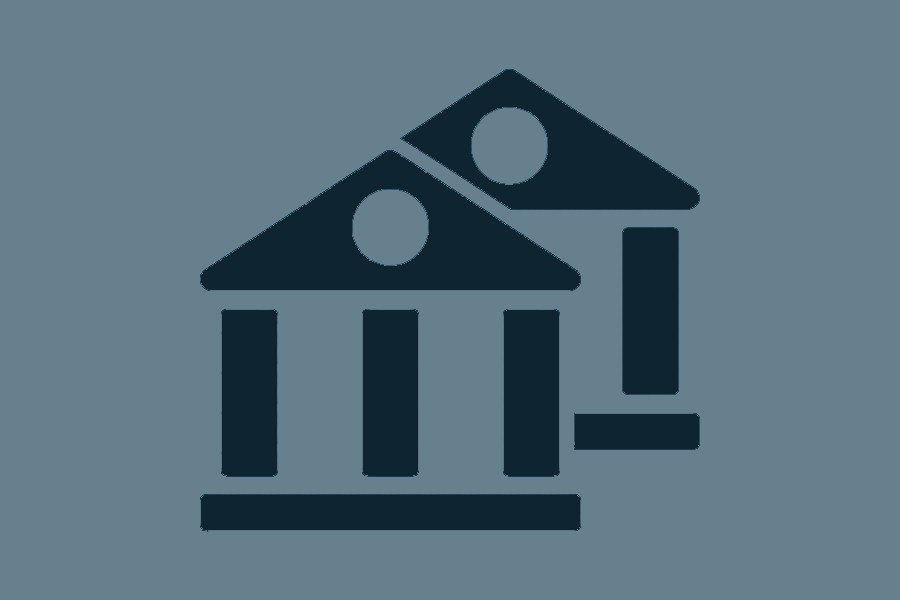
Published :
Updated :

That country's most institutions have become largely dysfunctional is hardly disputed. And, such an unfortunate decadence has happened amidst impressive development works, a phenomenon that many economists tend to describe as a 'paradox'. The fact remains that the economy in general is in doldrums, as the rot in the financial sector has gone too deep and inequality in society is on the rise. Flight of capital has been going on unabated. Corruption at all levels being a hydra-headed monster is eating into the vitals of the behemoth called the State. These issues and relevant others came up for discussion at the launching of a book titled 'Fifty Years of Bangladesh: Economy, Politics, Society and Culture' at the Centre for Policy Dialogue (CPD) late last week. It was attended by eminent personalities including economists and other distinguished members of society. The common theme that came up repeatedly is the fact that Bangladesh has done well in terms of growth, economic or otherwise, over the past few decades, especially since the restoration of democracy in the country.
Unfortunately for Bangladesh, the key institutions that are designed to oversee activities of many organs of the government and punish the errant ones are now in peril themselves. Thus, dysfunctional institutions have given rise to poor governance. For instance, the loan-default culture has made several banks bankrupt and now the central bank has stepped in to initiate merger of these sick institutions with stronger ones in an effort to save the financial sector from collapse. However, without re-establishing good governance in banking practices, economists fear, the move will have little effect in stopping the bleeding in the sector. The "development paradox" that propelled the nation to achieve sustained economic growth for more than a decade happened despite weak institutions, is a model that no longer works. Several powerful corporate houses have emerged in recent years extending their strong representation in mainstream media and the political arena. Their reach into policymaking has changed the very character of the State and has played a pivotal role in why institutional capacity did not improve adequately alongside development.
As long as the economy was doing well, the electorate could be lulled into a sense of false security. However, it is now public knowledge that the first to fall foul of bad governance was the banking sector and people have been wondering if banks can be trusted to keep their savings safe. The stark contrast between today and a decade ago is perhaps best exemplified in the serious widening of the rich-poor divide where a miniscule portion of the population controls the vast majority of wealth and is not afraid of flaunting it. While the middle class has been pushed down into lower-middle class status since Covid-19 pandemic and millions have sunk below the poverty line, the gains Bangladesh had achieved over the past few decades are at risk of being wiped away.
There is no recourse but to take proactive measures to bring back some modicum of order to the institutions that govern various aspects of the economy and security for society. Without corrective measures, key institutions such as judiciary, Election Commission, Anti-corruption Commission and financial sector regulators will continue to perform below people's expectations. Only appropriate reforms can ensure a balanced growth for all in Bangladesh, as opposed to growth for some.


 For all latest news, follow The Financial Express Google News channel.
For all latest news, follow The Financial Express Google News channel.